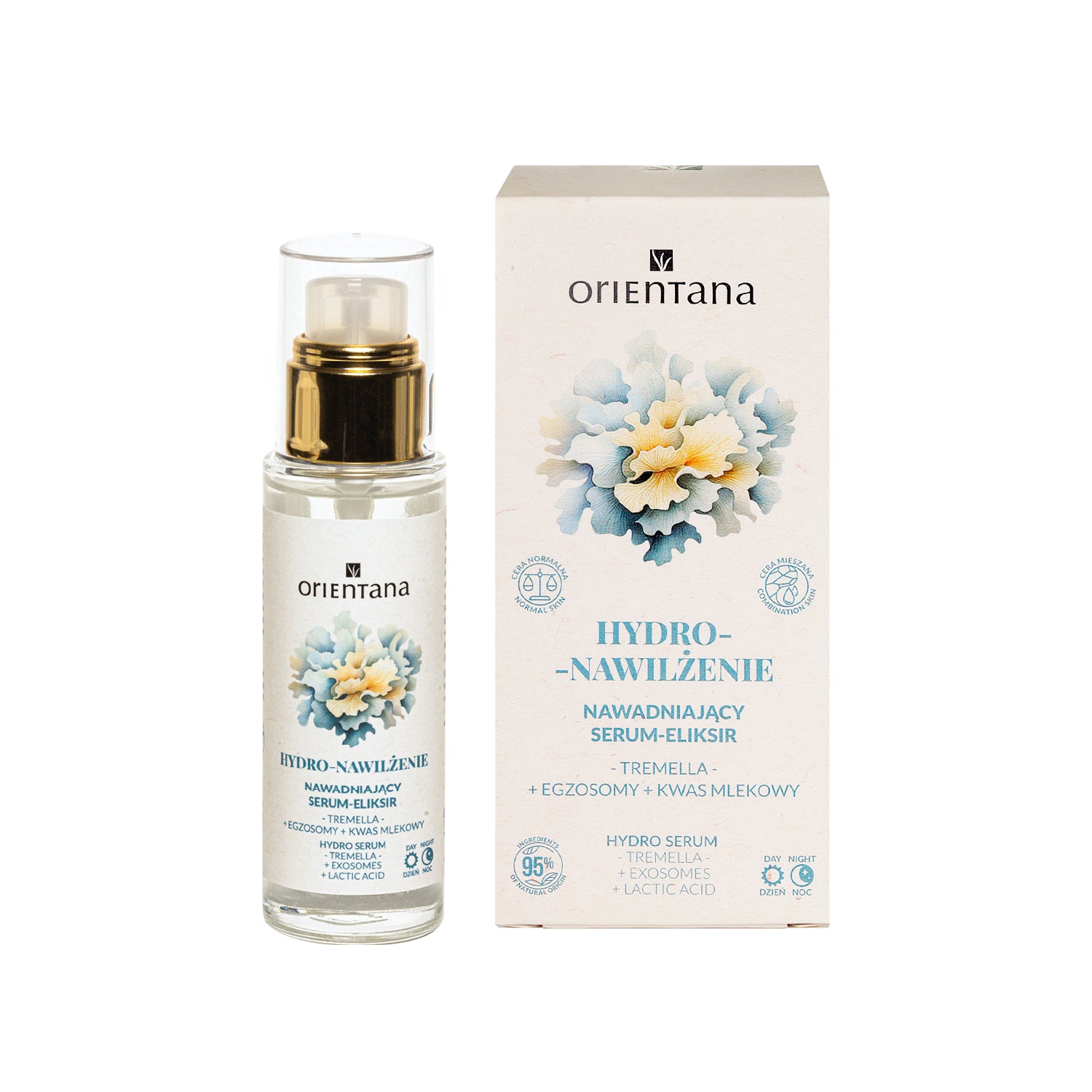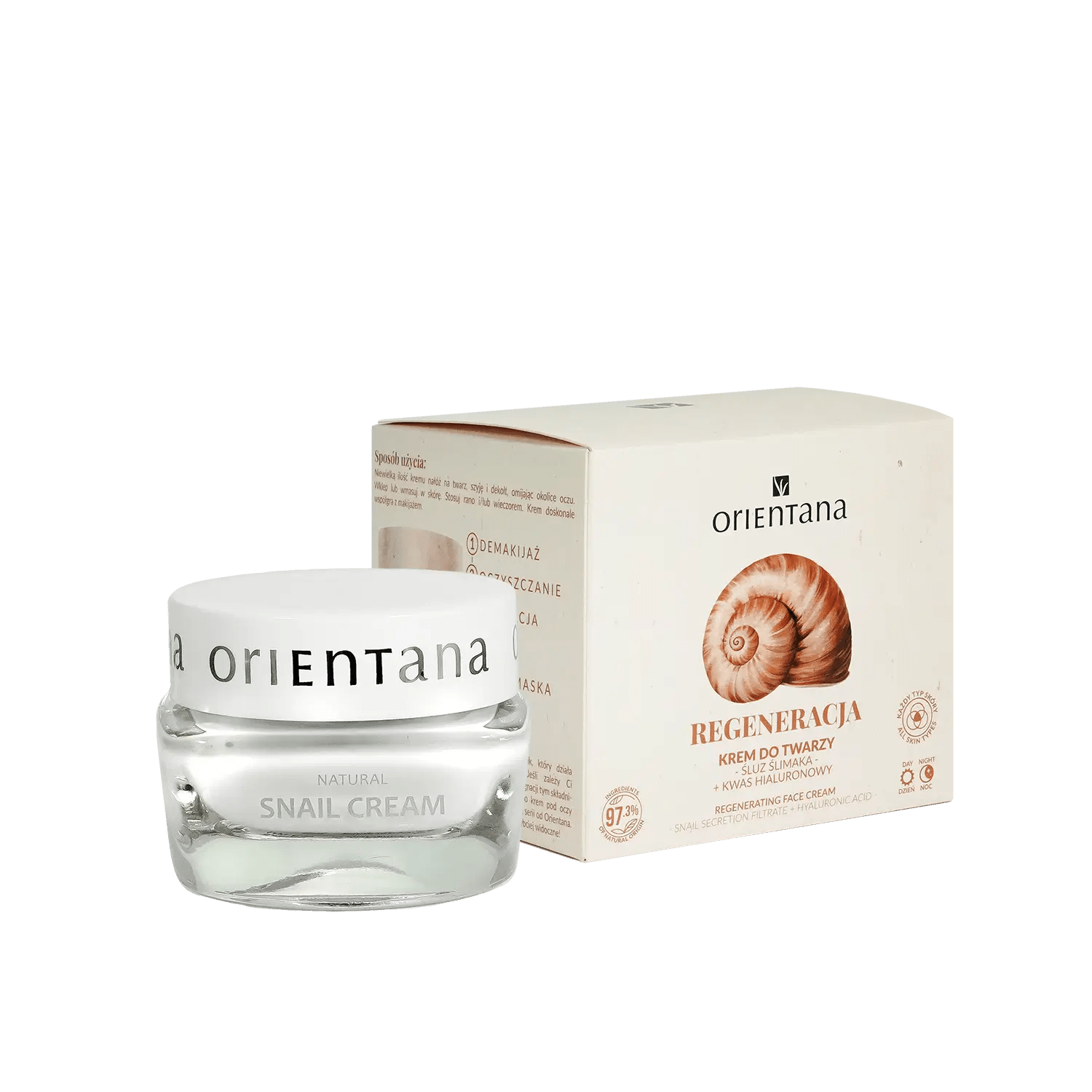Exosomes are microscopic, spherical membrane vesicles belonging to the exocytosome group, secreted by almost all cells in the body – including skin cells such as keratinocytes, fibroblasts, immune cells, and stem cells. Their diameter typically ranges from 30 to 150 nanometers. They act as natural nanocarriers, enabling cellular communication, including by regulating inflammation, tissue regeneration, immune response, and even transmitting growth signals. Exosomes are an advanced biotechnological ingredient of the future, revolutionizing skin care. Due to their potent regenerative, antioxidant, and anti-inflammatory properties, exosomes have become a key ingredient in advanced cosmetology and aesthetic medicine. Plant-derived exosomes are the most commonly used. Exosomes can stimulate fibroblast proliferation and migration, which translates into increased production of collagen, elastin, and hyaluronic acid—key factors for skin firmness and elasticity. Thanks to their growth factors and microRNA content, exosomes inhibit cellular aging (senescence), support skin renewal, and improve skin texture. They reduce fine lines and improve skin density. Exosomes exhibit immunomodulatory effects—they lower proinflammatory cytokine levels and support the healing of inflammatory lesions, making them a valuable component of treatment for problematic skin. The lipids and membrane proteins contained in exosomes positively impact epidermal tightness, reducing transepidermal water loss (TEWL) and strengthening the hydrolipid barrier. Some types of exosomes inhibit tyrosinase expression and pathways responsible for melanogenesis, which helps lighten discolorations and even out skin tone.





